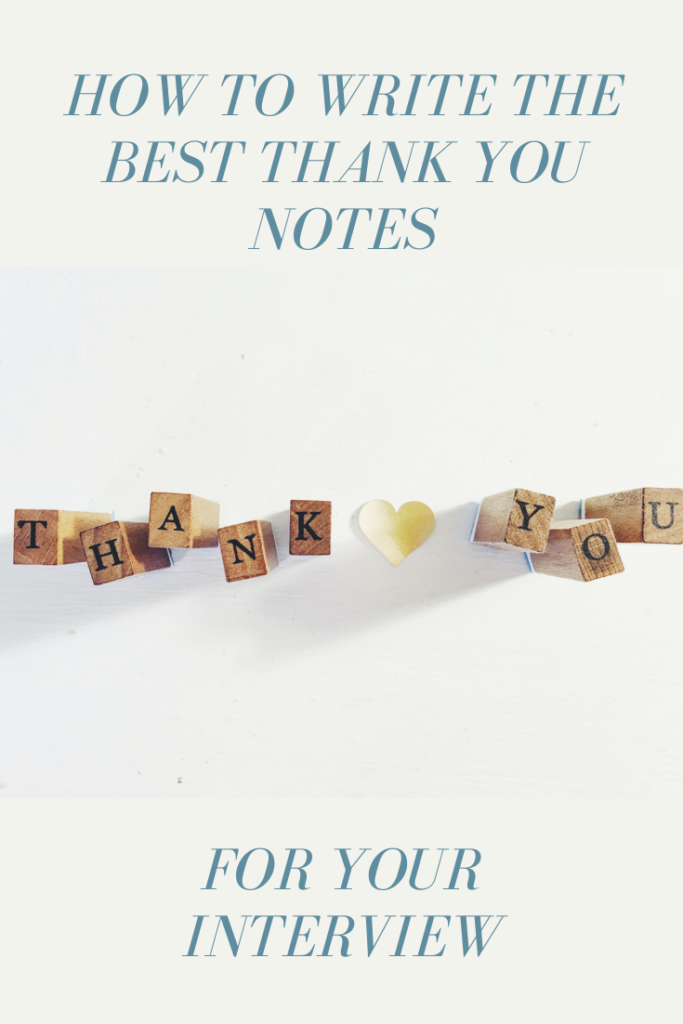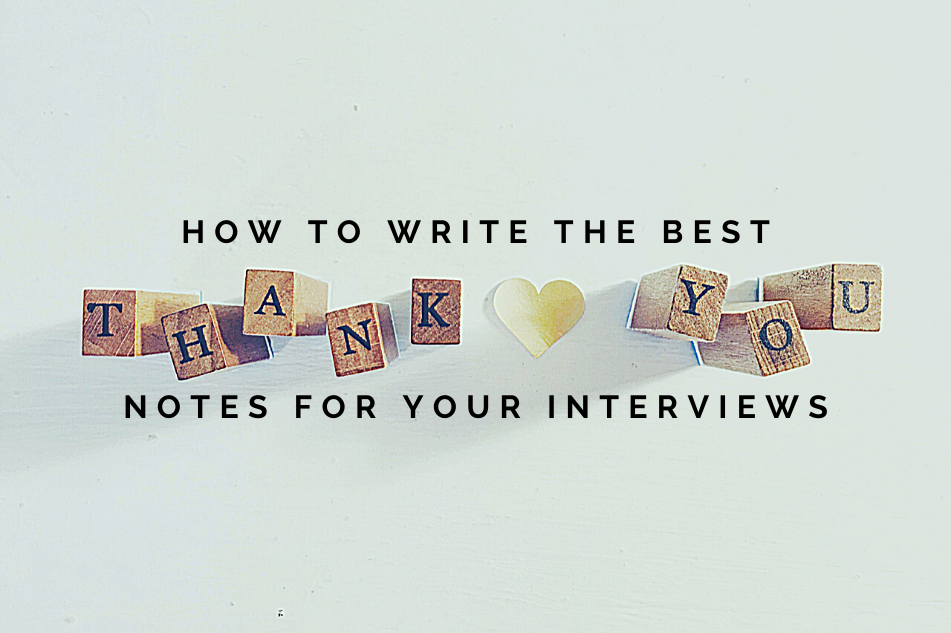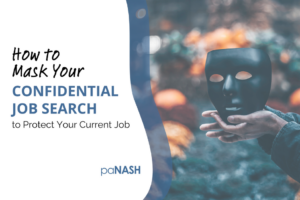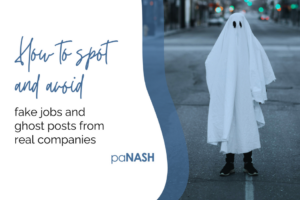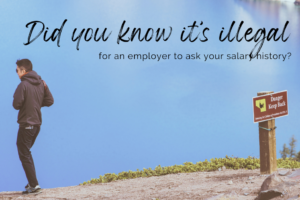|
|
Update: I failed to clarify early on in the original post that a type written thank you note should be sent via snail mail. Thank you to one of my readers for bringing this to my attention!
This is the month we celebrate thanksgiving. Therefore, it’s only fitting to have a blog post about thank you notes for your job interviews.
I remember my senior year of high school was when I first learned the art and etiquette of writing thank you notes. For each person who gave me a graduation gift, I sent a handwritten thank you note.
I also was a debutante at the time. Every debutante was required to write a thank you note to each hostess of every party thrown for us. There were probably about 25 or more parties over the course of a few months, with about five to ten hostesses for each party. When you do the math, you can guess how much my hand was probably hurting from all that writing.
In fact, I think I spent more time those last few weeks of senior year writing thank you notes, than I did preparing for final exams.
But in recent years, I’ve noticed a significant decline in the practice of writing thank you notes. I have several friends I’ve bought wedding and baby shower gifts for, but I’ve never received a thank you note from them. It doesn’t bother me personally. It just makes me sad how some forms of thanksgiving are dying out.
Thank you notes are a job search strategy
Not only do most people not send thank you notes for gifts anymore, they also don’t send them for job interviews. In fact, when I first started doing career coaching 21 years ago, only 10% of job seekers sent thank you notes following their interviews. And guess what? This statistic hasn’t changed much since then, even though most job seekers know they should send a note.
But when it comes to your job search, you shouldn’t view thank you notes as a formality. Instead, view them as a strategy to further market yourself to the employer, even after the interview is over.
Don’t send handwritten thank you notes
The job seekers who do send thank you notes, often send handwritten ones. And some career coaches will even tell their clients to handwrite them. I don’t recommend this at all for a couple of reasons.
One, this is not a personal friend you’re sending a note to. You’re sending it to a professional business contact. The look and feel of your thank you note should reflect this.
Two, and most importantly, a handwritten note doesn’t give you the space you need to further sell yourself.
A typewritten note, on the other hand, gives you the space and opportunity to reiterate the things you want the employer to remember about you. This is especially important if you’re one of the first people they interview, or if you’re the one who falls in the middle.
A typewritten note also gives you the chance to mention anything you didn’t get the opportunity to discuss in the interview like you’d hoped.
How to format your thank you notes
So how should you format your typewritten thank you note?
You want it to be in the same format as your cover letter, which includes all the necessary pieces of information before the greeting. And remember, your thank you note is actually a business letter, just like your cover letter is. Therefore, you should have a colon after your greeting instead of a comma. A colon after the greeting distinguishes a business letter from a personal letter.
Who to send thank you notes to
Not only should you send a thank you letter to the main person you interview with, you should also send one to everyone from the company who participated in your interview. For example, if you interviewed with a search committee, you should send one to each person on the committee, and not just the chair of the committee.
Slightly edit each letter to personalize it so the reader knows you didn’t just send the same form letter to everyone.
When to send thank you notes
Always send your thank you note within 24 to 48 hours of your job interview.
In the meantime, you can also send a thank you email immediately after the interview. Just always make sure to follow up with a thank you letter via snail mail.
Conclusion
It’s important to show your gratitude for the opportunity of an interview. Doing so will make you stand out from those who don’t.
Related posts
- How to Keep Recruiters Interested in You
- Did You Get Ghosted After Your Interview? What to Do Now
- Do You Really Need to Send a Cover Letter?
- How to Write Networking Emails That Will Get Responses
- More articles on the topic of career etiquette
